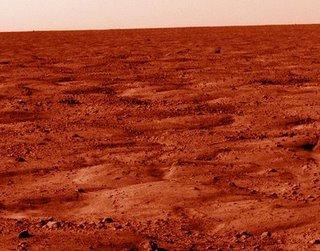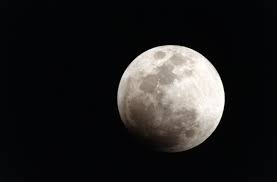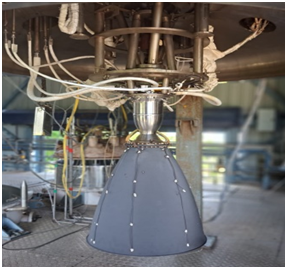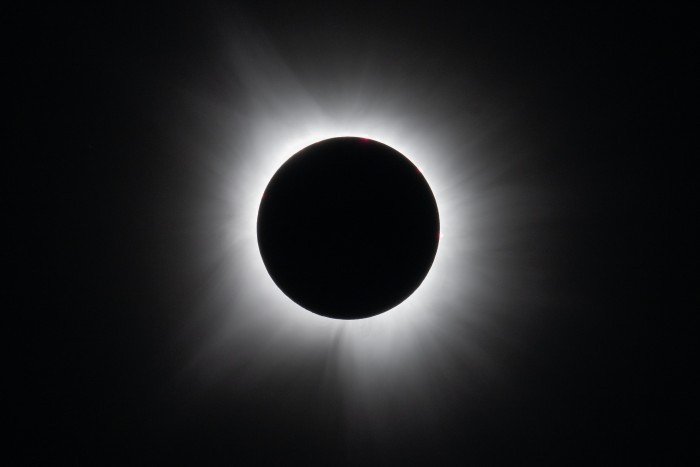
A file photo.
LONDON (PTI): A 4.5cm-wide meteorite could offer clues to how Mars lost its thick, carbon dioxide-rich atmosphere and turned into a cold, rocky desert, researchers said.
Microscopic analysis of the meteorite also suggests that liquid water was present on Mars more recently than believed.
The Lafayette meteorite was discovered in Indiana, US in 1931, having plummeted to Earth about 3,000 years ago.
It formed in the Red Planet's crust about 1.3 billion years ago and was ejected from the surface by a massive impact.
The rock shows signs of carbonation - where minerals absorb CO2 in a reaction with water, 'BBC News' reported.
A team from the Scottish Universities Environmental Research Centre (SUERC) performed microscopic analysis on a section of the rock - borrowed from the Natural History Museum in London.
They found that silicate minerals, such as olivine and feldspar, had interacted with CO2-rich liquid water to form siderite crystals.
The team said their discovery suggests liquid water was present on Mars more recently than some had thought.
They also said it represents the first direct evidence for carbonation on the Red Planet - and ties in with the discovery of carbonates by NASA's Curiosity Mars rover.
"Carbonation could be the main force that turned Mars to stone," said lead author Dr Tim Tomkinson, of SUERC.
"We can't say for certain it's the dominant cause - the loss of Mars' magnetic field may also have led to the stripping of its atmosphere by the solar wind. And CO2 is also frozen in the poles of Mars. But carbonates do seem to be very abundant on the Martian surface," he said.
The loss of its carbon dioxide cloak is likely to have caused Mars to cool. So understanding how the CO2 was removed "could provide vital clues to how we can limit the accumulation of carbon dioxide in the Earth's atmosphere and so reduce climate change," said Tomkinson.
 Previous Article
Previous Article Next Article
Next Article













The Indian Air Force, in its flight trials evaluation report submitted before the Defence Ministry l..
view articleAn insight into the Medium Multi-Role Combat Aircraft competition...
view articleSky enthusiasts can now spot the International Space Station (ISS) commanded by Indian-American astr..
view article